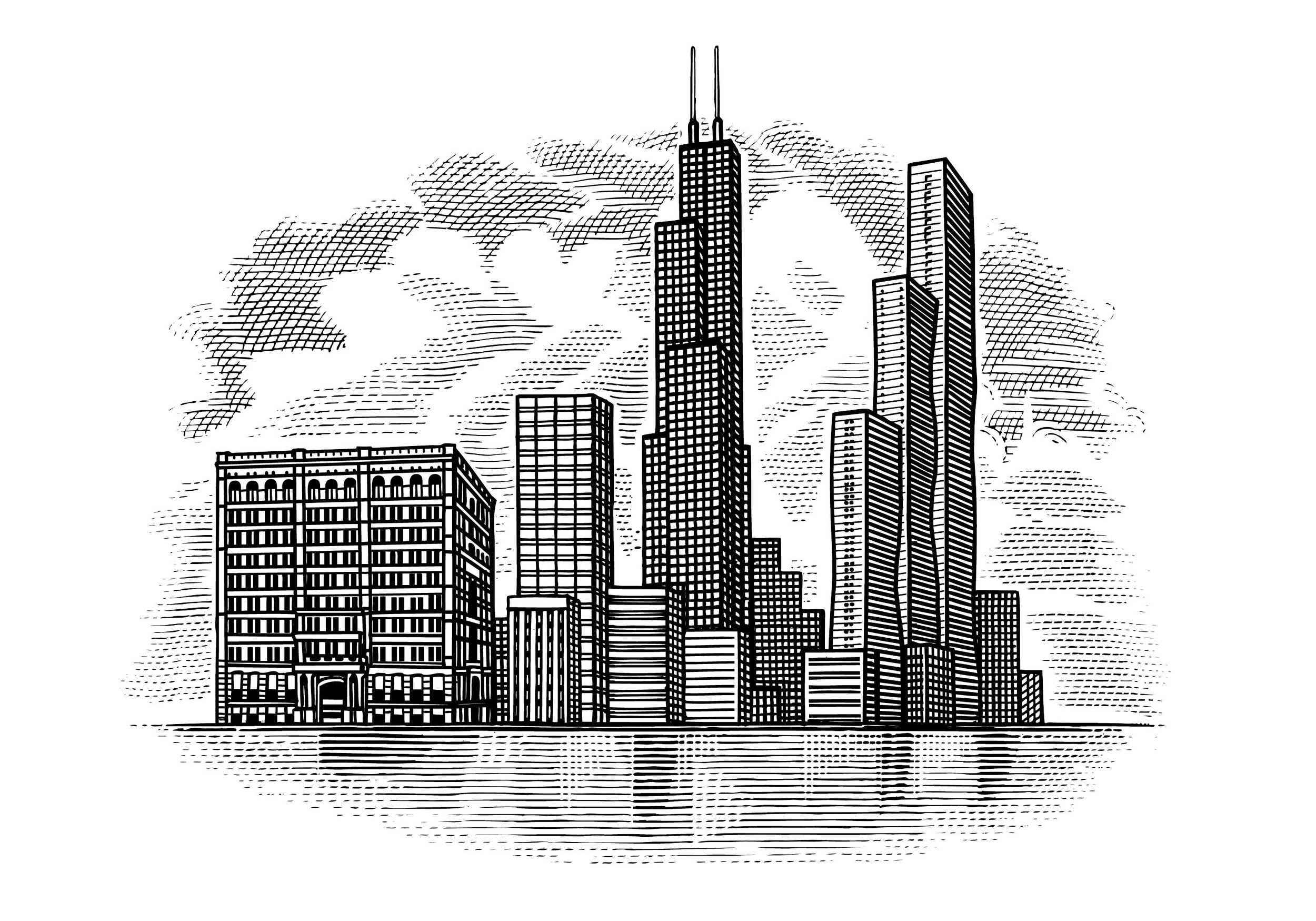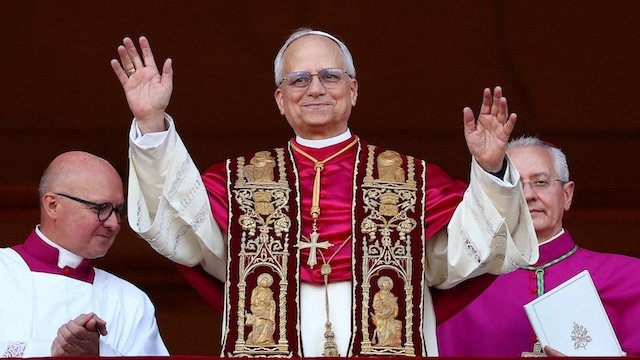History's Hinge
Estimated reading time: 4 minutes (730 words)
We are now a quarter of the way into the 21st century. A lot has happened: September 11, the War on Terror, a global financial crisis, a once-in-a-century pandemic, and a surge in populism culminating in two non-consecutive terms for Donald Trump, one of the most unlikely individuals to ever be elected to the presidency.
And now, the Supreme Pontiff of the Roman Catholic Church, Pope Leo XIV, hails from the United States of America, and from the most American of American cities, no less: Chicago.
We are truly in the future now. Someone from thirty years ago, let alone ten, would never have predicted the series of events that has propelled the world on its current trajectory. Imagine trying to explain this sentence to someone in 2015: Donald Trump will be president and the pope will be from Chicago. Even writing that, it is difficult to comprehend how we got here.
But how we got here is not as important as where we are going. The election of an American pope is shocking (certainly more shocking than the election of Francis, a pope from the Americas) precisely because of the United States’ position as a superpower. Until today, convention dictated that a temporal superpower should not be rewarded by crowning one of its cardinal electors with the spiritual authority of the Catholic Church.
There are reasons Leo overcame the American handicap; evidently, his cardinal brothers did not necessarily view him as culturally American despite his passport. He spent many years in Peru and has been critical of certain distinctly-American policies, such as Donald Trump’s immigration platform. For the College of Cardinals, that seemed to be enough.
Other reasons for his election — reasons more providential — may reveal themselves over the course of time.
One thing the Covid-19 pandemic produced was a deflated sense of stagnation. The pandemic and its aftershocks in some ways seem to have re-introduced the world (or at least the West) to enchantment, to mystery, to religion. The world before Covid was on one trajectory, and now it is on another. That trajectory, in some ways, is manifesting itself in a renewed interest in spirituality and religion. Just this past Easter, more than 10,000 adults were baptized in France alone.
Other divine rumblings seem afoot, too. Donald Trump’s survival from the attempt on his life in July of 2024 felt, to many, providential. The event and its aftermath immediately imbued the presidential contest as a choice between destiny (for good or ill) or its rejection (for good or ill). Arguments can and have been waged about what kind of destiny the American people have chosen for themselves. But the fact that Things Are Happening is simply undeniable at this point.
The second Trump administration is in its infancy but the early going has been shot through with contradiction, confusion, and chaos. In an ideological project that should be measured in decades, it is too early to render a verdict on the MAGA movement. But if its critics are ultimately vindicated, Trump has ushered in an era of American decline and the crumbling of the world order he inherited.
Against this backdrop, the election of an American pope seems to bring to the fore that America really is in decline; that its power is waning; and that installing an American pope is no longer something to be hesitant about. If decline is a one-way street, the election of an American pope might ultimately represent the first act in a post-American world.
Alternatively, an American pope might be the shot of adrenaline the West and the United States needs to counter the emerging challenges of the 21st century, both spiritual and temporal. Spiritually, there is no guarantee that the newfound age of enchantment will end with a Christian and Catholic revival. It could just as easily turn towards New Age and hyper-individualistic spiritual experiences like psychedelics. Temporally, the challenges posed by China and the damage to the United States’ status as senior partner in alliances and pacts around the world will have profound consequences for policymakers long after Trump is out of office.
The United States has always been the last, best (ideological) hope of mankind. Now, with an American pope in Rome, we stand at one of history’s great hinge points. How we use the opportunity presented to us will define the rest of this century — and beyond.

